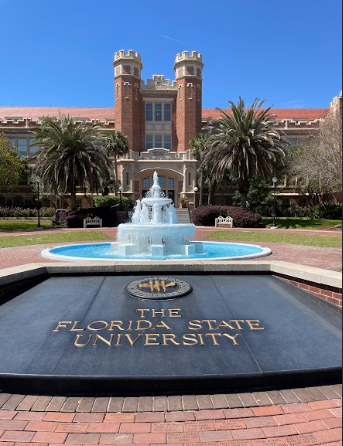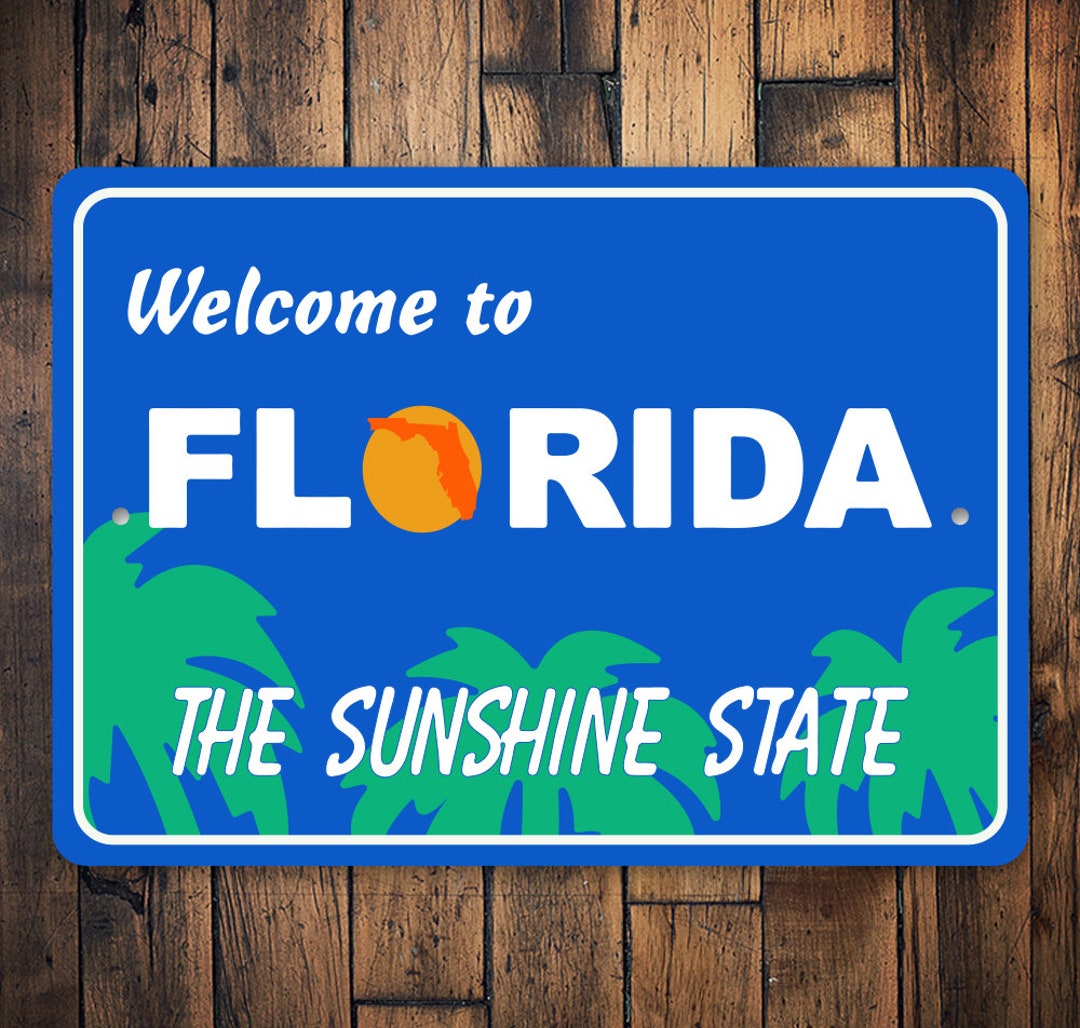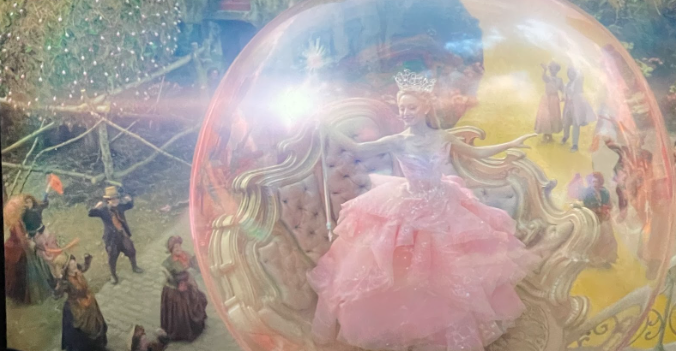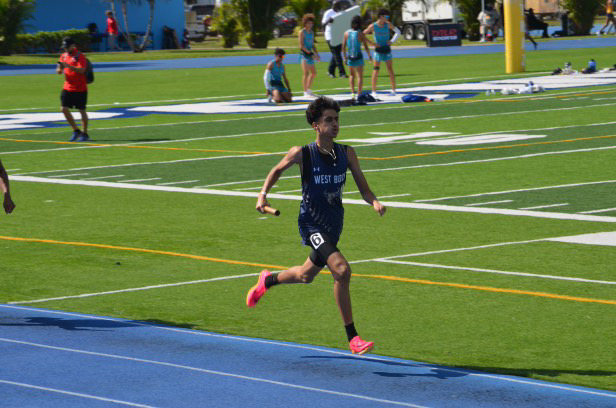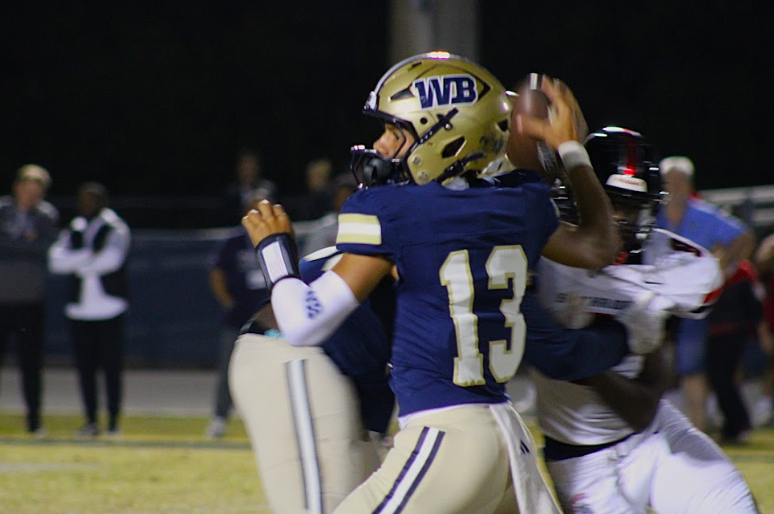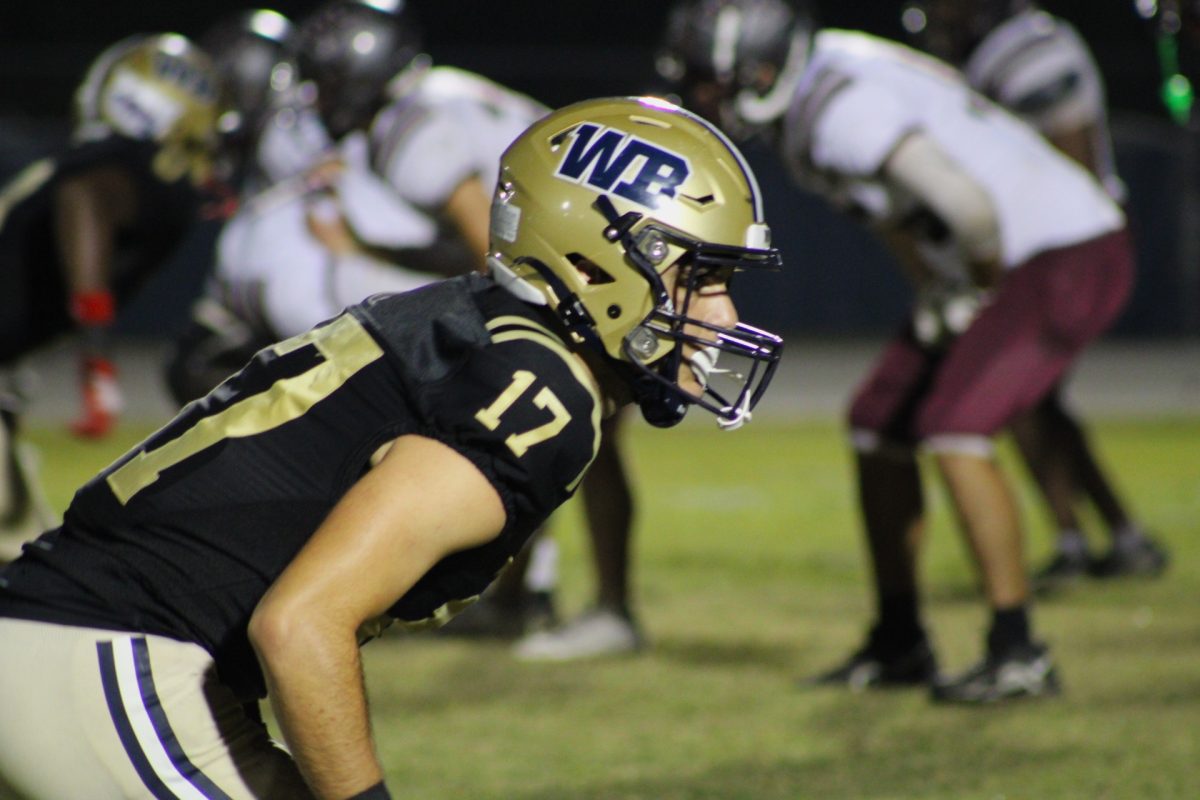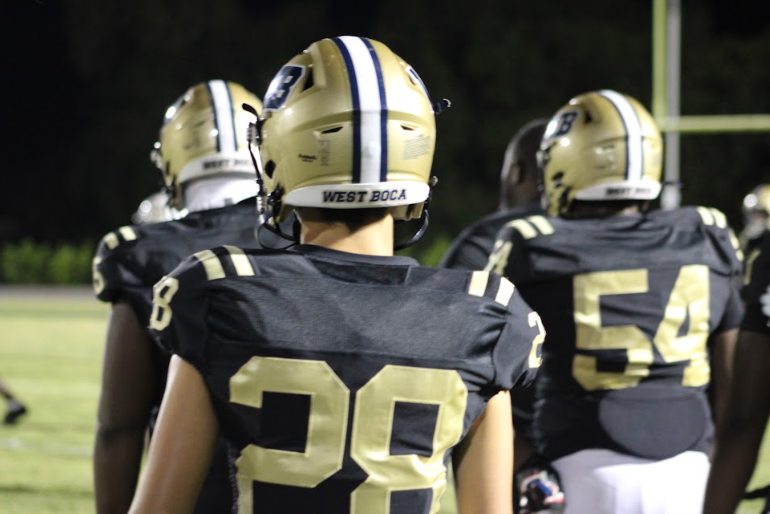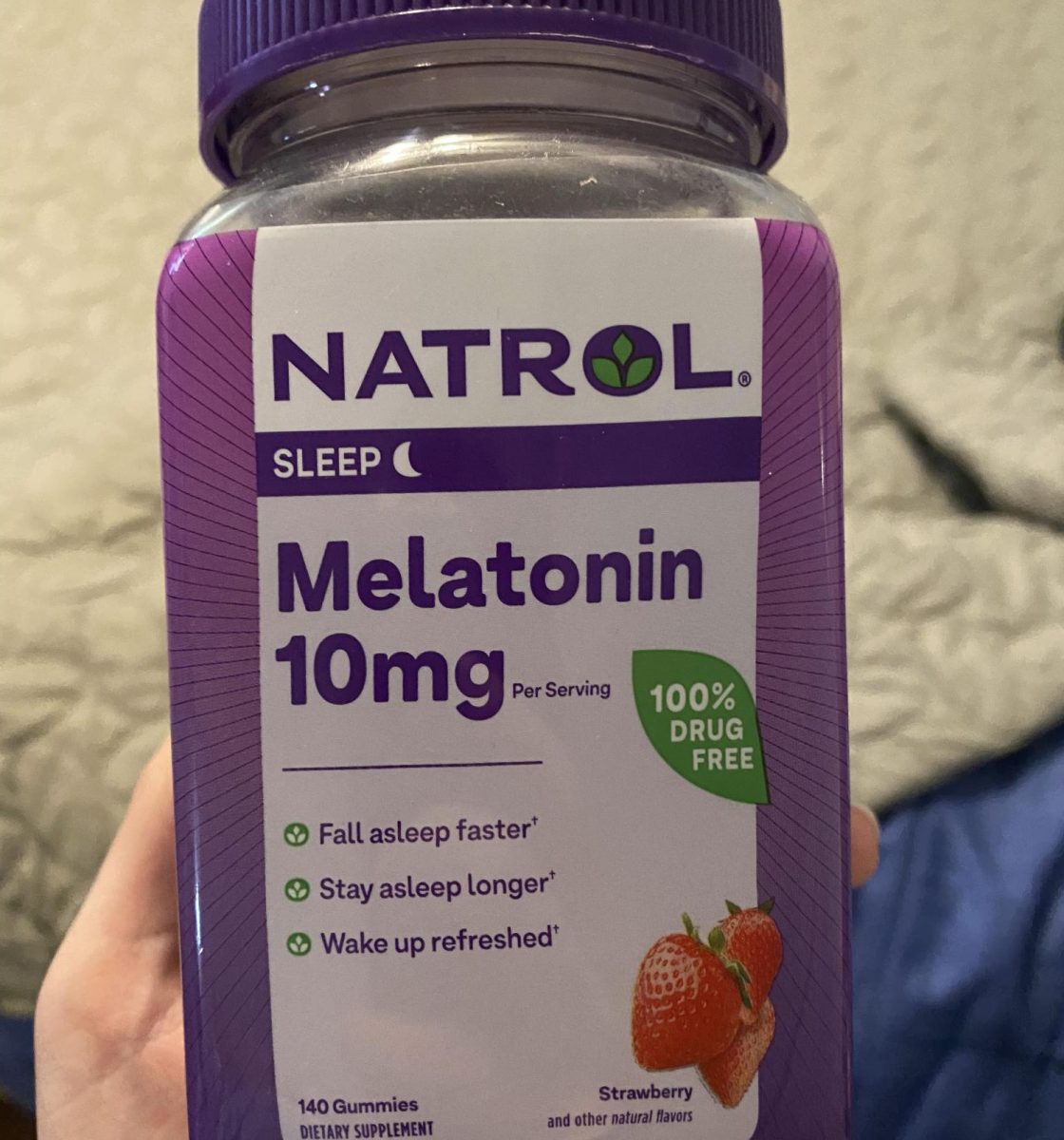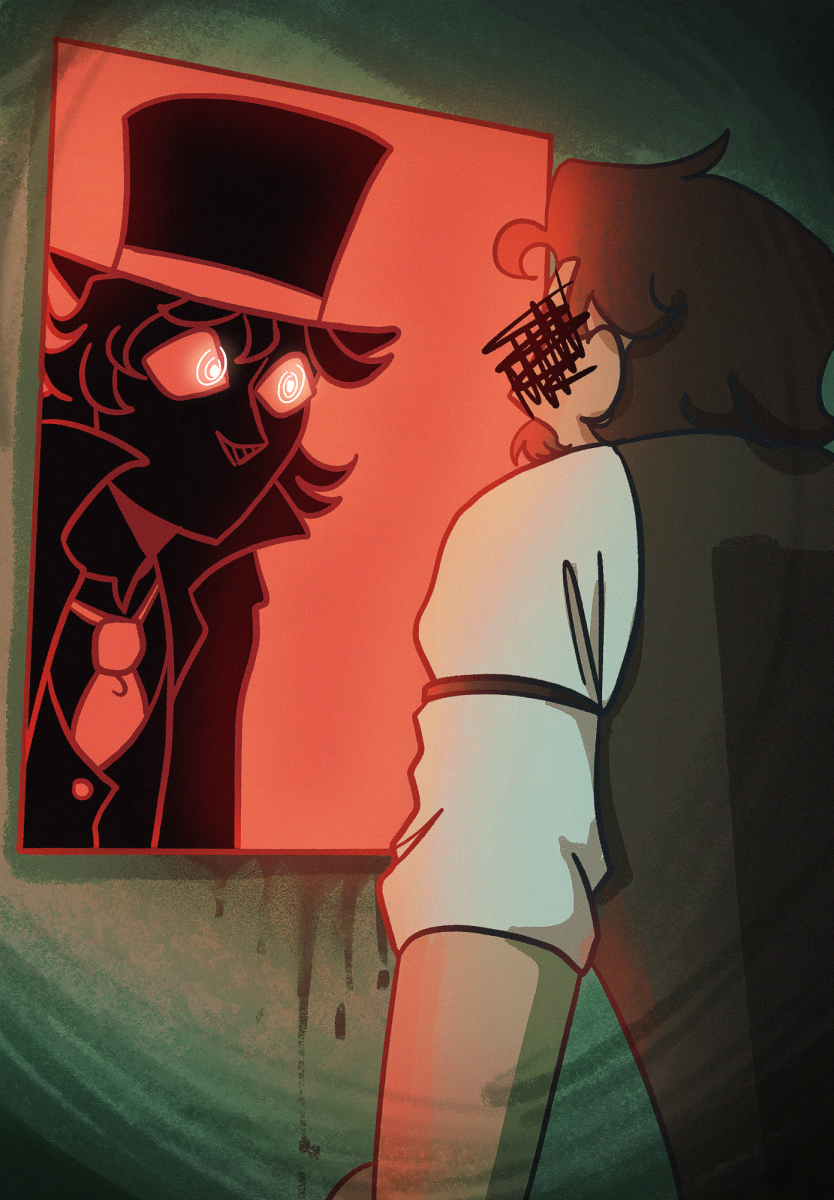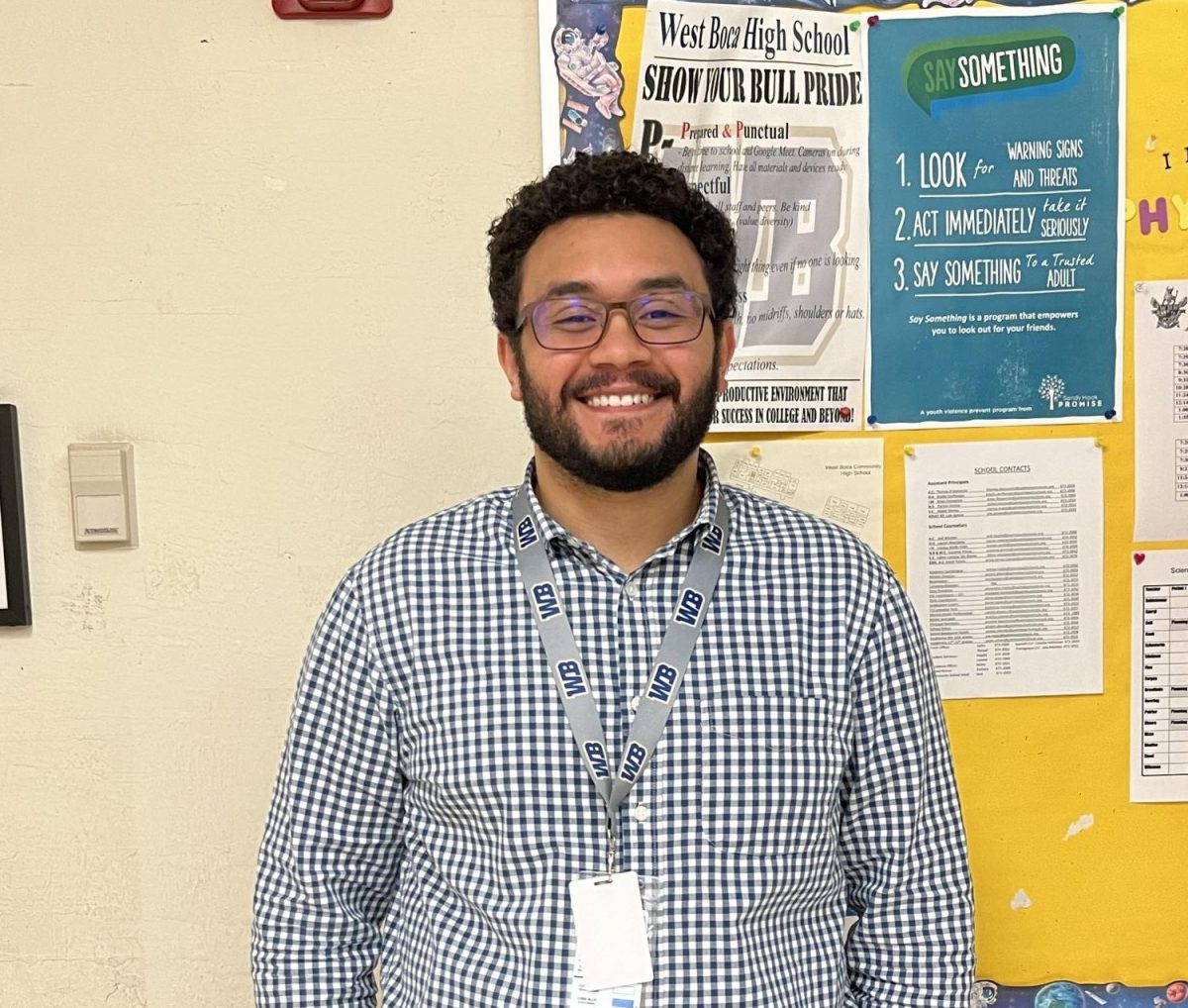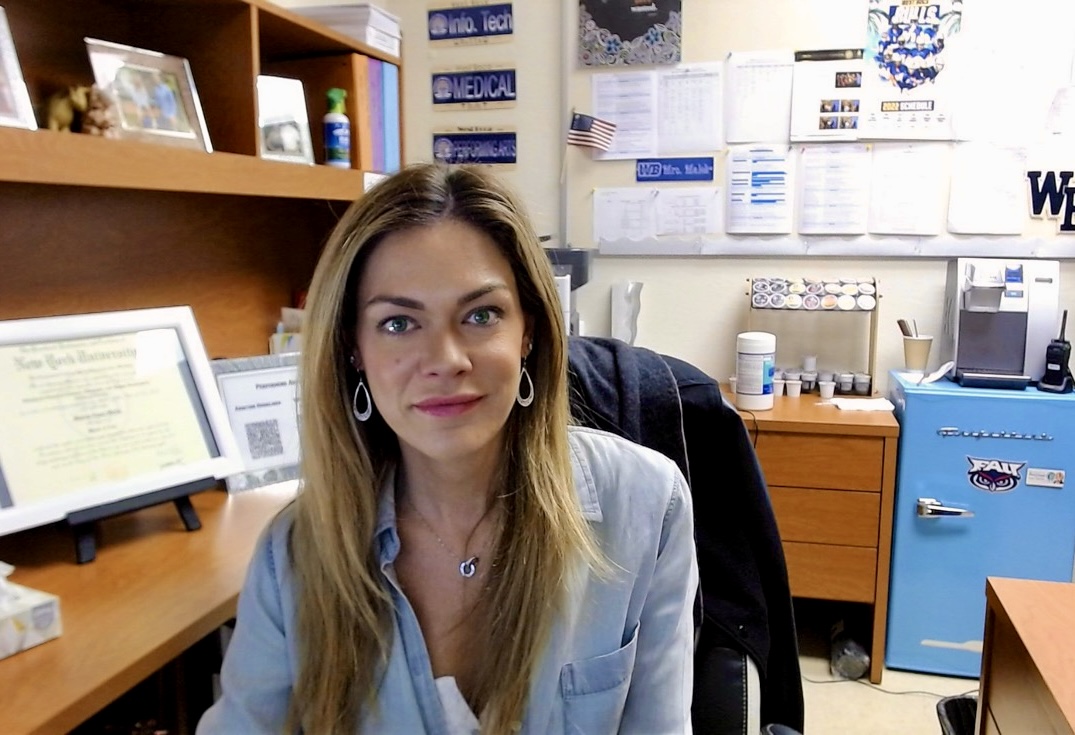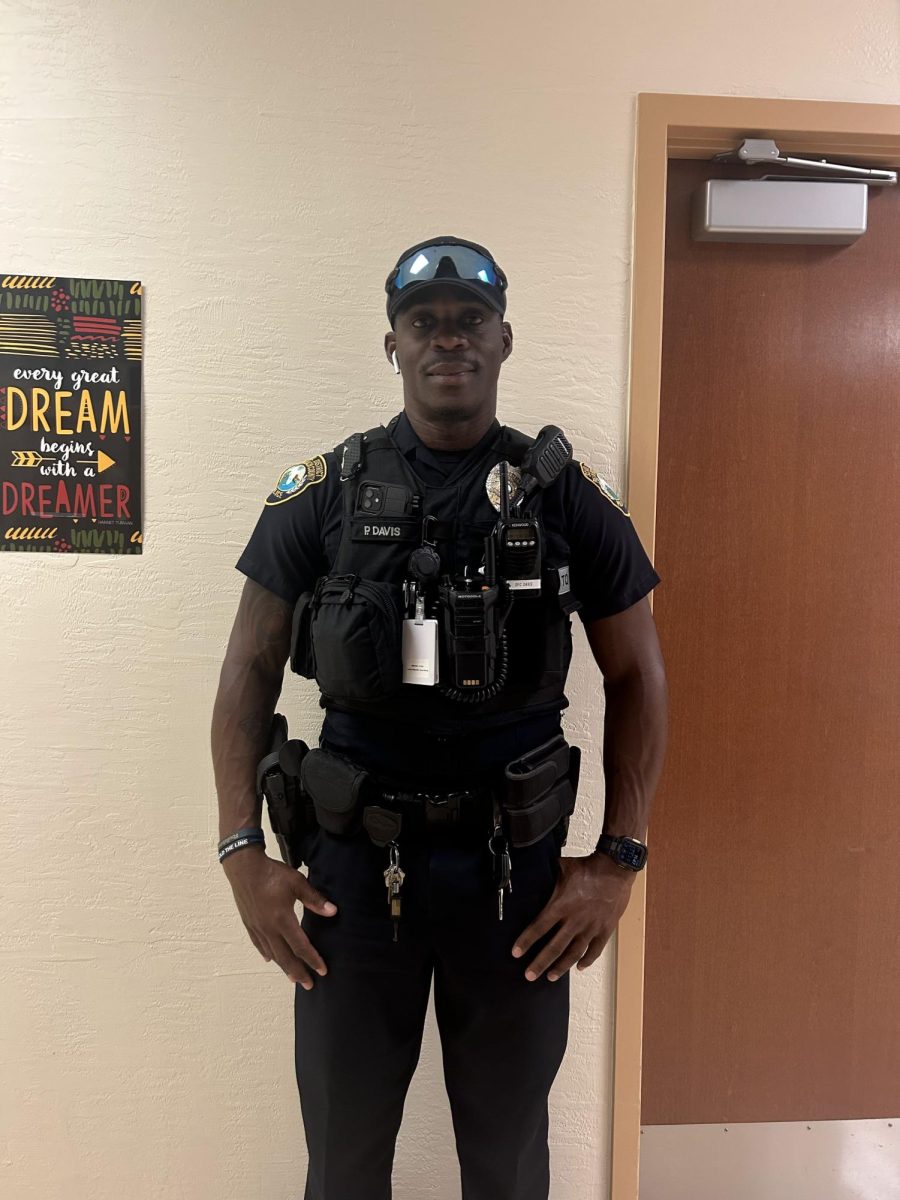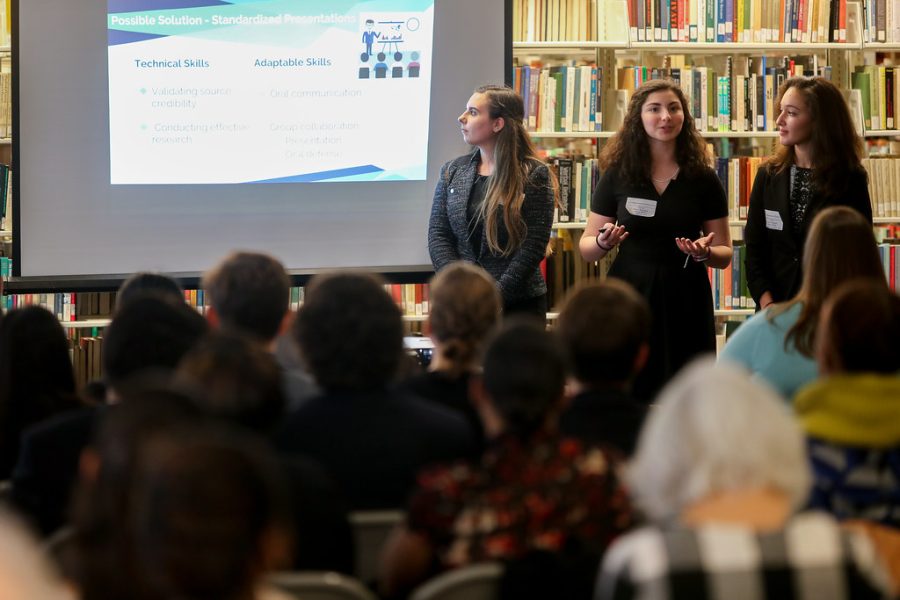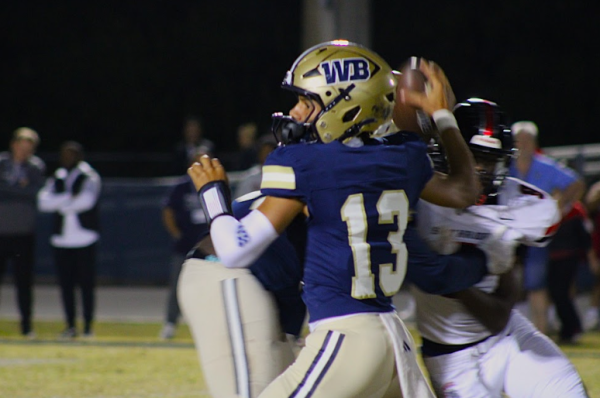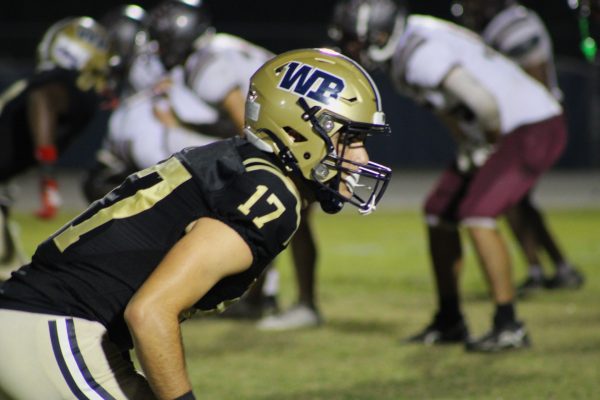The AP Capstone Program
Cap or No Cap?
September 2, 2022
As of 2020, Advanced Placement (AP) courses have reached a whopping 2.6 million students globally. More than ever, colleges are expecting their applicants to take a wide range of accelerated courses which has made this number grow exponentially in the last few years- another thing contributing to the recent decrease in acceptance rates.
The average high school student takes three AP classes throughout their four years; most commonly in the core subjects of English, Math, History, and Science. However, an unassuming Advanced Placement opportunity has not gotten the credit it deserves: The AP Capstone program- taken by a mere 20,000 students in contrast to the 500,000 enrolled in AP English Language. The program consists of AP Seminar and AP Research taken over two years.
In Seminar, students examine global issues both individually and in teams by practicing writing research papers, creating presentations and delivering them. By the end of the year, participants will have completed a group project, a research-based essay and presentation, and the AP exam. While this may seem like a dense workload, it is essential to prepare for the following year in AP Research. This class allows students to choose and thoroughly examine any topic of their choosing and write a 4,000-5,000 word paper accompanied by an oral presentation which will serve in place of an end-of-the-year exam.
Mrs. Marci Bergman, West Boca’s AP Seminar teacher, answered a few important questions for us
In your words, what is the AP Capstone Program?
“AP Capstone is a diploma program that involves researching and presenting on topics of interest; students develop into curious, independent, and collaborative students who make unique, multi-disciplinary connections in the world. Earning a Capstone diploma or certificate signifies you’ve completed a certain set of requirements in high school, and you are college ready. The program entails taking AP Seminar sophomore or junior year and AP Research the following year, and passing at least 4 other AP exams.”
What type of student should consider taking the AP Capstone Program?
“Students need to be highly self-motivated. Capstone teachers are more like facilitators: we teach research and communication skills, but students must be independent, curious about the world, anxious to solve some of the world’s problems, and interested in communicating these ideas to others. Students will work hard, but the reward is immeasurable.”
What do you hope students will learn/gain?
“Students gain so many valuable skills that are essential for college and careers. The ability to assess credibility of sources (people, the news, etc.). The ability to research deeply and thoroughly so they explore things through multiple lenses and perspectives. The ability to collaborate with others. And the ability to present themselves with poise and confidence. These are all skills that enable students to succeed in any educational program and future career. The Capstone students at West Boca have demonstrated all of these amazing skills–we are so proud of them.”
Do colleges appreciate seeing participation in AP Capstone?
“Colleges love Capstone students–I’ve actually spoken with college advisers who have spoken with admissions reps. When they see AP Capstone on a student’s transcript, they know these students are likely to succeed in college. Capstone students stand out in the admissions process; in fact, research has found that AP Capstone students are more likely to be persistent and earn higher first-year college GPAs.”


